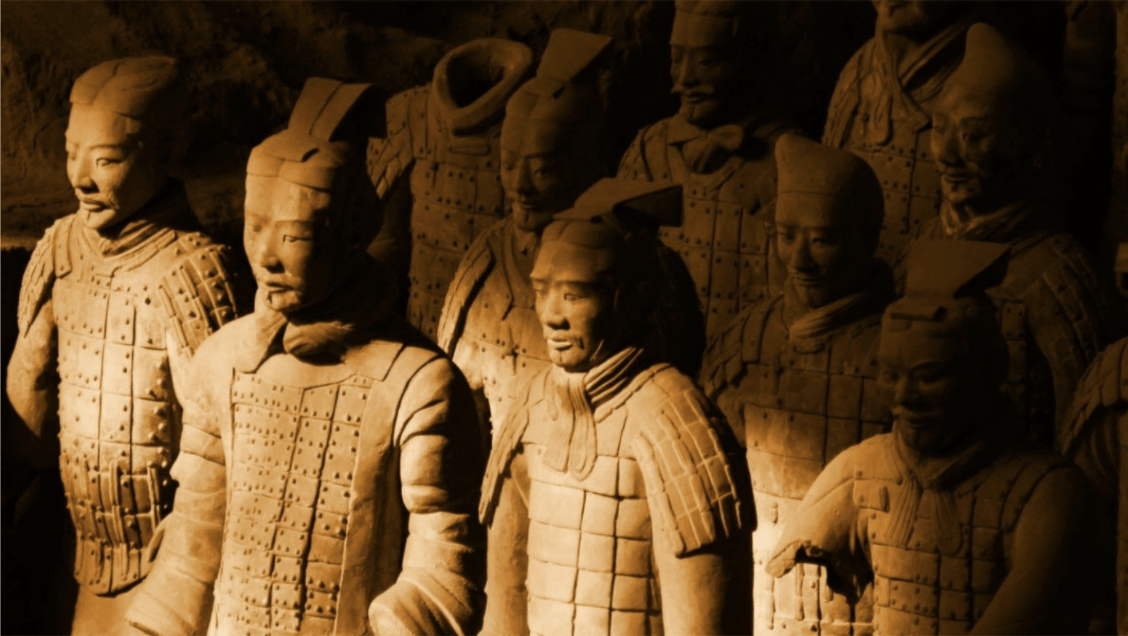The Discobolus of Qin 秦
By Millie Huang
The Discobolus of Qin is a multimedia piece by Chinese-Canadian Millie Huang. It is an encapsulation of the scholarly dialogue speculating that Greek and Hellenistic artwork inspired the creation of China’s terracotta army. Consisting of over 8000 soldiers, the army was sculpted in the late 3rd century BCE under the rule of the first emperor of China, Qin Shi Huang…



